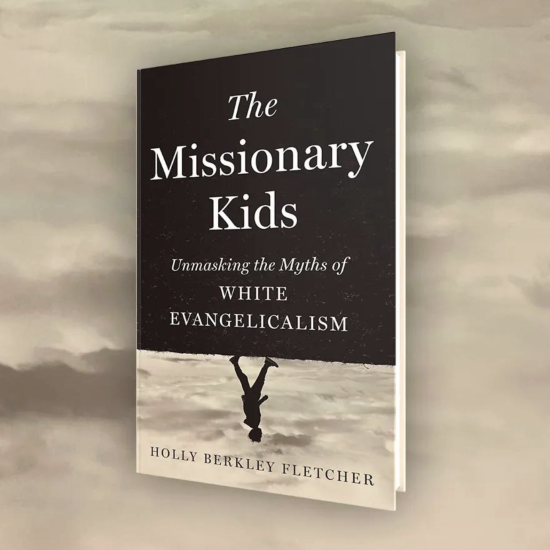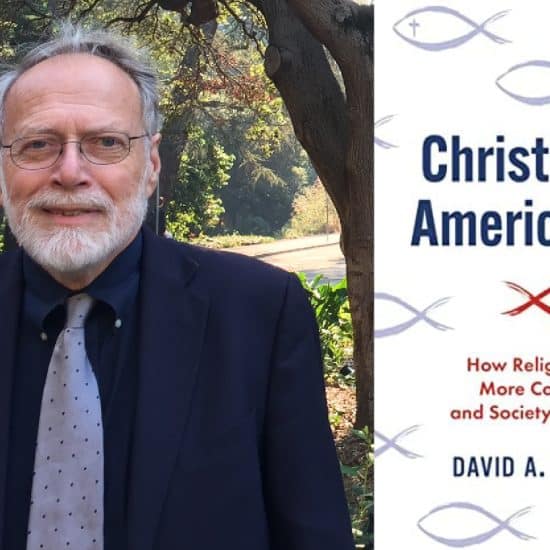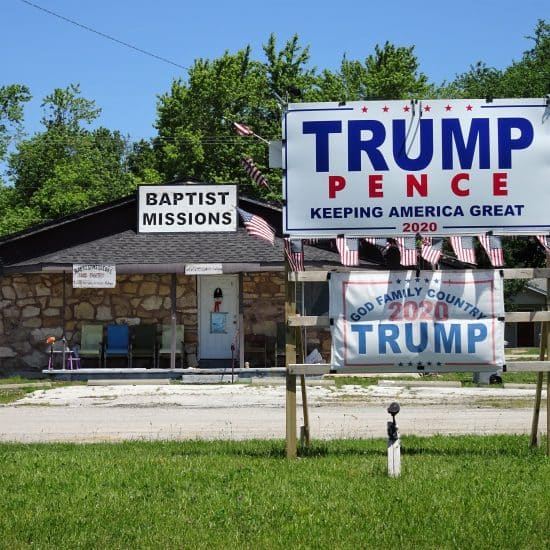Western Christians often think in terms of West-to-East movement when missionaries go to other countries. But more and more frequently, evangelicals arrive from the East to evangelize the West.
According to Dale Irvin of New York Theological Seminary and Scott Temple of the Assemblies of God, evangelicals make up the majority of those missionaries, although some come from among Roman Catholics and mainline Protestant denominations.
Missionaries tend to come from the Global South, particularly from Africa, Asia and Latin America. Some also are branching out from Eastern Europe.
South Korea ranks second as a missionary-sending country, just behind the United States. The United States ranks eighth among the countries to which South Korean missionaries go, sociologist Rebecca Y. Kim said.
Why do missionaries come to the United States? Many minister to people from their homelands who have immigrated to America for a variety of reasons. Persian World Outreach, a Cooperative Baptist Fellowship partner, works worldwide to assist Iranian Christians and has helped plant several churches among Iranians in America and across the world.
Mich and Pat Tosan coordinate the effort, which also does a lot of translation work and assists those who feel they have been called to the ministry. Although started in California, Persian World Outreach now is based in New Jersey.
CBF also works with Robert Owusu of the Ghana Baptist Convention. In addition to serving as pastor of Amazing Grace Baptist Church in Atlanta, Ga., Owusu coordinates the convention's network in the United States.
The Ghana Baptist Convention sent Owusu as a church planter-facilitator specifically to plant churches that will affiliate with the convention, he said.
"The churches have, as their primary target groups, Ghanaians and (other) Africans, though we seek to expand our mission to other ethnic/racial groups in North America," he said. His church also reaches nationals from Nigeria, Liberia, Togo and The Gambia.
Owusu has started work in Houston, Oklahoma City and Atlanta. He locates a target group, finds one or two Ghanaians interested in helping and then enlists families. A CBF church is recruited to accommodate the group rent-free for at least a year.
Many others "develop" as missionaries after they encounter U.S. culture, Casely Essamuah told participants at an Evangelical Free Church of America conference last year. Most missionaries come as "economic migrants, and slowly their identity shifts toward that of a missionary," the deputy director of infectious health for the Maryland Department of Health and Mental Hygiene said.
Immigrants are shocked by what they perceive as a high degree of secularization in the United States, "especially when the people come from where Christianity is strong. They see the United States as a place of dry bones," Essamuah, who also is global missions pastor at Bay Area Community Church in Annapolis, explained.
Once immigrants recognize the disparity, they often take on a missionary role, first to other immigrants from their homeland and then to the rest of society, he added.
Most missionaries come to minister to people from their homelands because "what is most comfortable (for all people) is congregating with co-ethnics," Kim wrote for Faith and Leadership.
"Also, the majority of Asian, Latin and African immigrant congregations do not extend beyond fellow ethnic or immigrant communities; most adults who immigrate to the United States do not proselytize or worship with the 'natives,'" she wrote.
But not all missionaries target their countrymen, the author of God's New Whiz Kids? explained. Some Koreans come to the United States to evangelize whites, particularly college students. In fact, 77 percent of Korean missionaries focused on non-Korean "locals" in the countries where they ministered in 2006.
Korean evangelicals who try to minister to white Americans usually practice a "theology of sacrifice," Kim said. They give up their culture, including eating kimchi, a cabbage dish with lots of garlic, and usually speaking only English.






